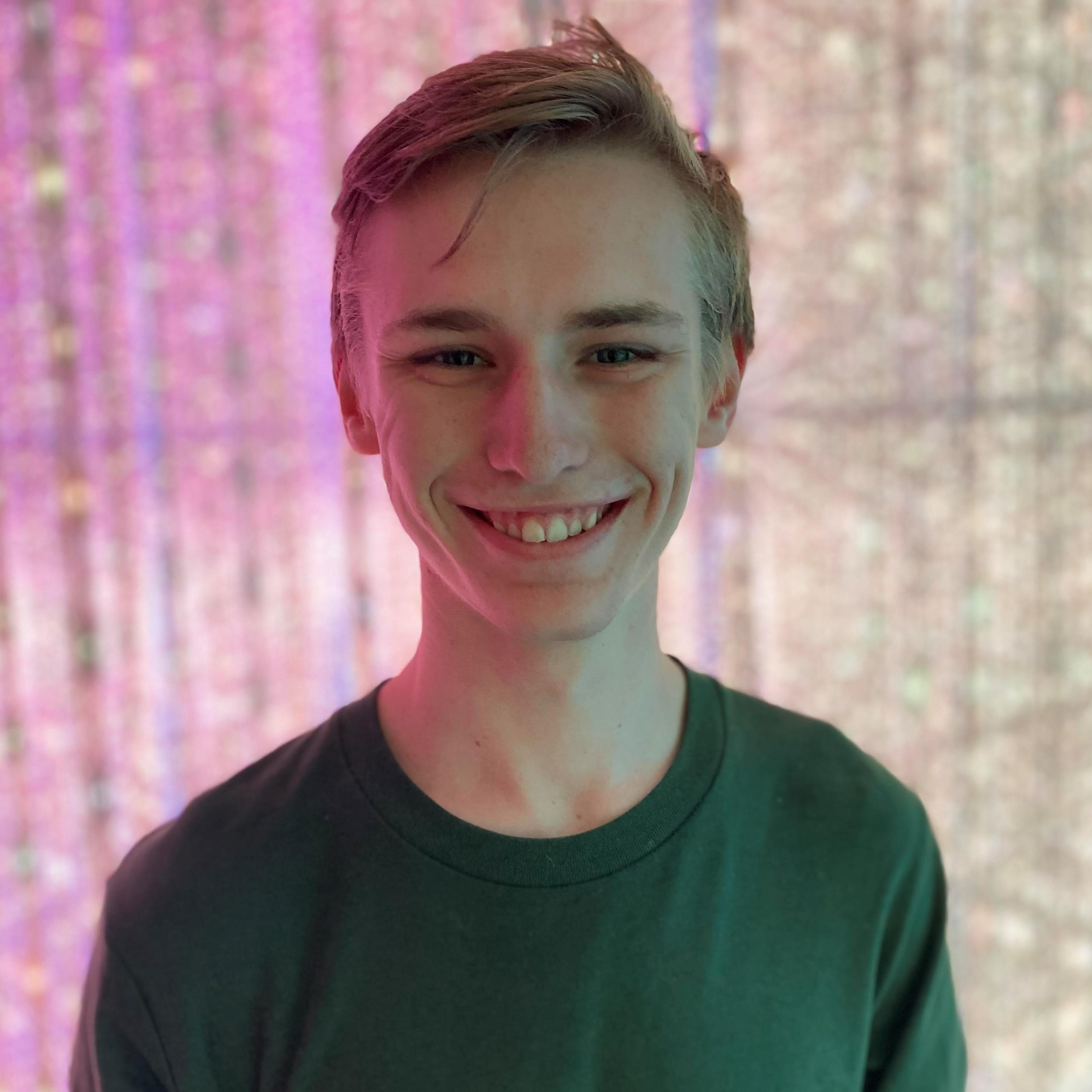Hi, my name is Isaac Beh. I'm an Australian student studying a Bachelors of Maths and a Bachelors of Science at the University of Queensland (UQ) set to graduate at the end of 2024. I'm majoring in statistics and physics, as I particularly like combinatorics, probability and quantum physics. I currently am also a tutor and lab assistant at UQ, helping with a variety of courses such as STAT2004 (Statistical Modelling & Analysis) and MATH2504 (Programming of Simulation, Analysis, & Learning Systems).
I spend a fair amount of time coding; both as a way to understand my main studies in greater depth, but also because I find computer science an interesting subject in its own right. In my down time I am probably reading (check out my Goodreads account below), though I do like to go hiking when I get the chance (particularly multi-day hikes).
